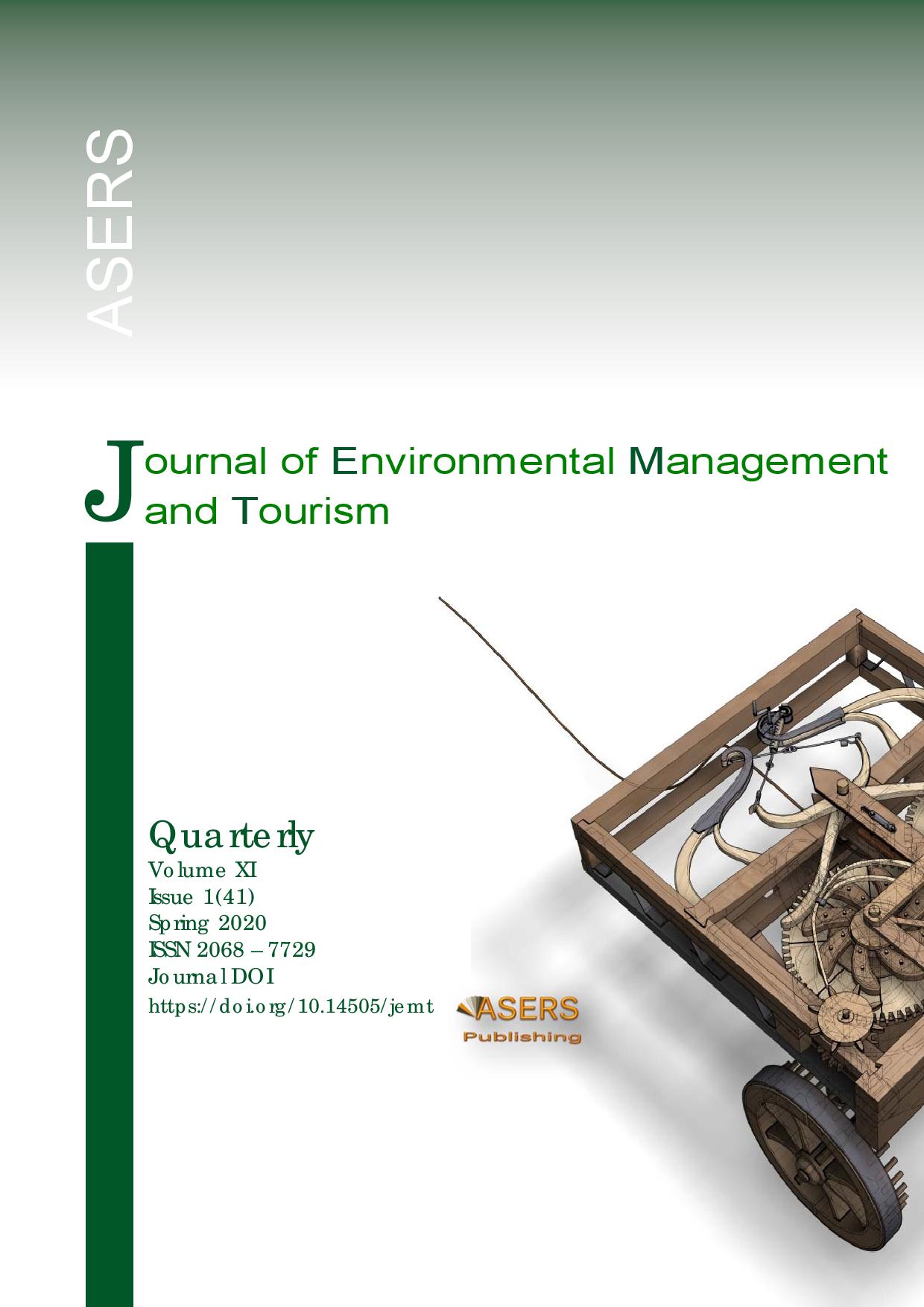Institutional Designing of Food Security by Instruments of Matrix Modelling and Value Flows Synchronization
Institutional Designing of Food Security by Instruments of Matrix Modelling and Value Flows Synchronization
Author(s): Galina Astratova, Vladimir Vladimirovich Klimuk, Olga Rushitskaya, Igor IVLIEV, Aleksey Ruchkin, Nadegda YURCHENKOSubject(s): Economy, Business Economy / Management, Agriculture
Published by: ASERS Publishing
Keywords: agroindustrial complex; food security; matrix modeling; development determinants; dynamic characteristics; equity characteristics; cost flows; synchronization;
Summary/Abstract: There are some theoretically methodological aspects of food security institute and functioning of the goods market of agro-industrial complex in article. It is shown that the concept "food security" is considered by modern domestic agro-economists from different attitudes. At the same time characteristics of the institutional analysis didn't receive worthy reflection. In this regard, authors made a contribution to interpretation of the concept "food security" within the system of institutional knowledge. There are shown institutional bases of ensuring food security on the basis of the approved techniques of matrix vector modeling and cost flows synchronization. Authors made evaluation of food security institute development and the market of agroindustrial complex of such countries as Belarus, Brazil, Germany, India, China, Russia, Poland and the United States of America on the basis of official statistical data for 2005-2015. There are provided strengths (production and economic characteristics) of regions in the sphere of agroindustrial complex. There was made a group of regions on progressive and regressive, with allocation of the regions which are at a transitional stage of market development of agroindustrial complex – on the system of the standardized indicators. On the basis of estimative and analytical procedures are offered the directions of institutional designing of food security and functioning of the market of agroindustrial complex. There is formulated a number of recommendations of increasing the efficiency of Russia food security institute, including: 1) to use the system of vertical or horizontal integration of the entities of agro-industrial complex more active; 2) to modernize the entities of agroindustrial complex taking into account specialized, but not universal requirements of institutional designing; 3) to make active policy of rational import substitution in agroindustrial complex. The conclusion is drawn that institutional designing of "multispeed" cost flows is substantially determined by researches on development of the standard rates providing overcoming negative market events. Achievement of the set proportions will allow institutional units to receive preferences in the field of the taxation and providing with credit resources for the development. These directions are seeming priority to authors and determine the agenda for the subsequent researches.
Journal: Journal of Environmental Management and Tourism (JEMT)
- Issue Year: XI/2020
- Issue No: 01 (41)
- Page Range: 12-22
- Page Count: 11
- Language: English
- Content File-PDF

